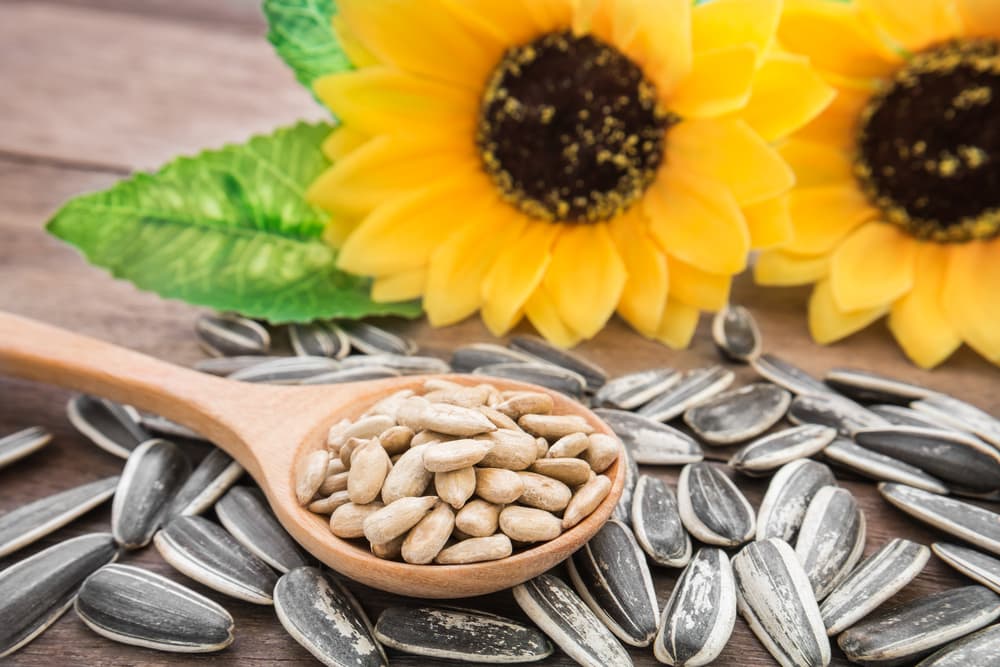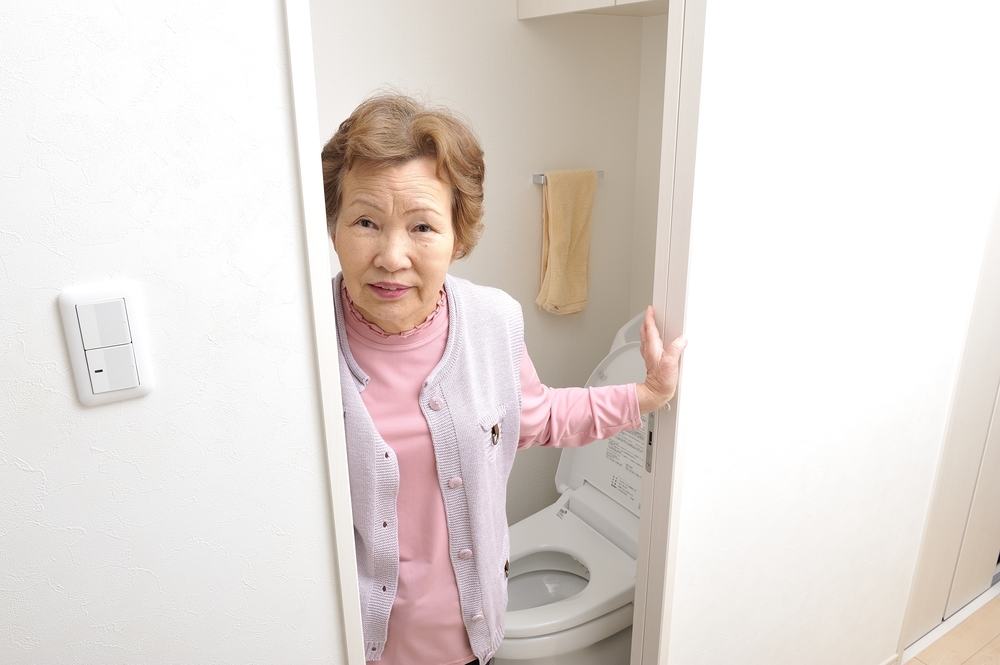Contents:
- Medical Video: My Grandson Has Prediabetes
- Is diabetes a hereditary disease?
- Is it true that the descendants of diabetes must jump one generation?
Medical Video: My Grandson Has Prediabetes
In your extended family, does anyone have diabetes? The answer is almost certainly there. Maybe your grandparents have diabetes, you can also be your own parents. Well, many say that diabetes offspring will usually jump a generation. That is, if your grandfather or grandmother has diabetes, then the risk of getting this disease is their grandson. Or if your parents have a disease known as diabetes, chances are that your child will be more at risk than you.
To answer this question, the Hello Sehat team consulted with Dr. Dante Saksono H. Sp.PD-KEMD, Ph.D., an endocrine specialist and molecular diabetes expert from the Department of Internal Medicine Cipto Mangunkusumo Hospital (RSCM), Central Jakarta.
Is diabetes a hereditary disease?
When met at the RSCM, Central Jakarta on Wednesday (9/24), dr. Dante explained that diabetes is a disease that occurs due to impaired use of glucose in the body. Glucose cannot be used optimally in people with diabetes because of problems with the hormone insulin. Whether insulin is not produced, the amount is lacking, or insulin is resistant.
"Diabetes is a disease that is indeed influenced by genetics," said Dr. Dante who is also active in the Indonesian Endocrinology Association (Perkeni). So, diabetes is indeed included as a hereditary disease. There are special genes that can be passed down from parents to later generations.
However, there are still other factors that can cause diabetes. For example unhealthy lifestyle factors. People who are less active, overweight, and often eat carelessly are more susceptible to diabetes even though there is no diabetes in their family.
Is it true that the descendants of diabetes must jump one generation?
For those who have diabetes, whether it's grandfather or grandmother, you may be more anxious about this one deadly disease. Moreover, many say that diabetes is usually lowered from grandparents to grandchildren, leaping over generations of parents.
As explained earlier, there are indeed special genes that can trigger diabetes. However, having these genes is not a hundred percent guarantee that you will definitely get diabetes. "The combination with certain genes will only emerge as diabetes," said Dr. Dante. The point is this, just having one type of gene susceptible to diabetes, will not make you automatically get diabetes. If the gene mixes with other susceptible diabetes genes, then you are at high risk.
To make it easier to understand, Dr. Dante gives an example that your father has diabetes, while the mother does not. That means you have one type of gene (such as the A gene) that makes you more susceptible to diabetes. Then you get married and have children. Your mother-in-law has diabetes, while her father-in-law doesn't. This means that your partner also has one type of gene (such as the B gene) that makes it vulnerable to diabetes.
You and your partner finally have a "diabetes descent gene" inherited from each parent, but the gene is not strong enough to cause diabetes in you or your partner. Now, when your "diabetes gene" and partner (gene A and gene B) meet are then passed down to your two children, then your child is likely to get a combination of two "genes of diabetes descent" from you and your partner. This is what makes your children more susceptible to diabetes than you and your partner.
"It is this mating factor that will aggravate the diabetes gene, so that our offspring will certainly be at higher risk," concludes Dr. Dante. So even though it's not a fixed price, a grandchild whose grandparents from both sides both have diabetes may be more at risk of inheriting the disease.














